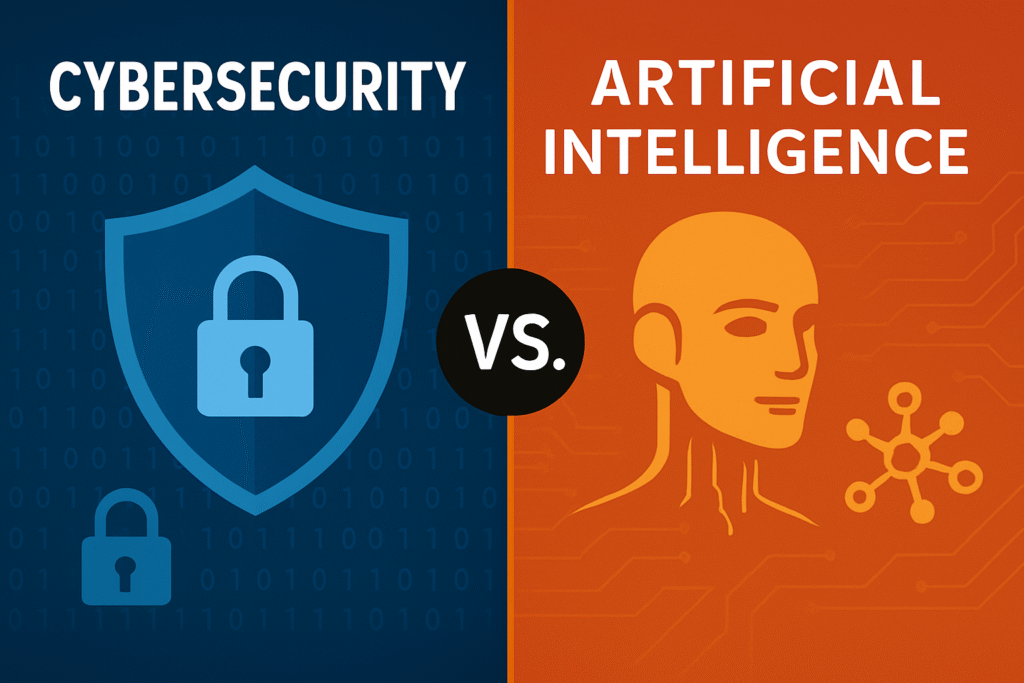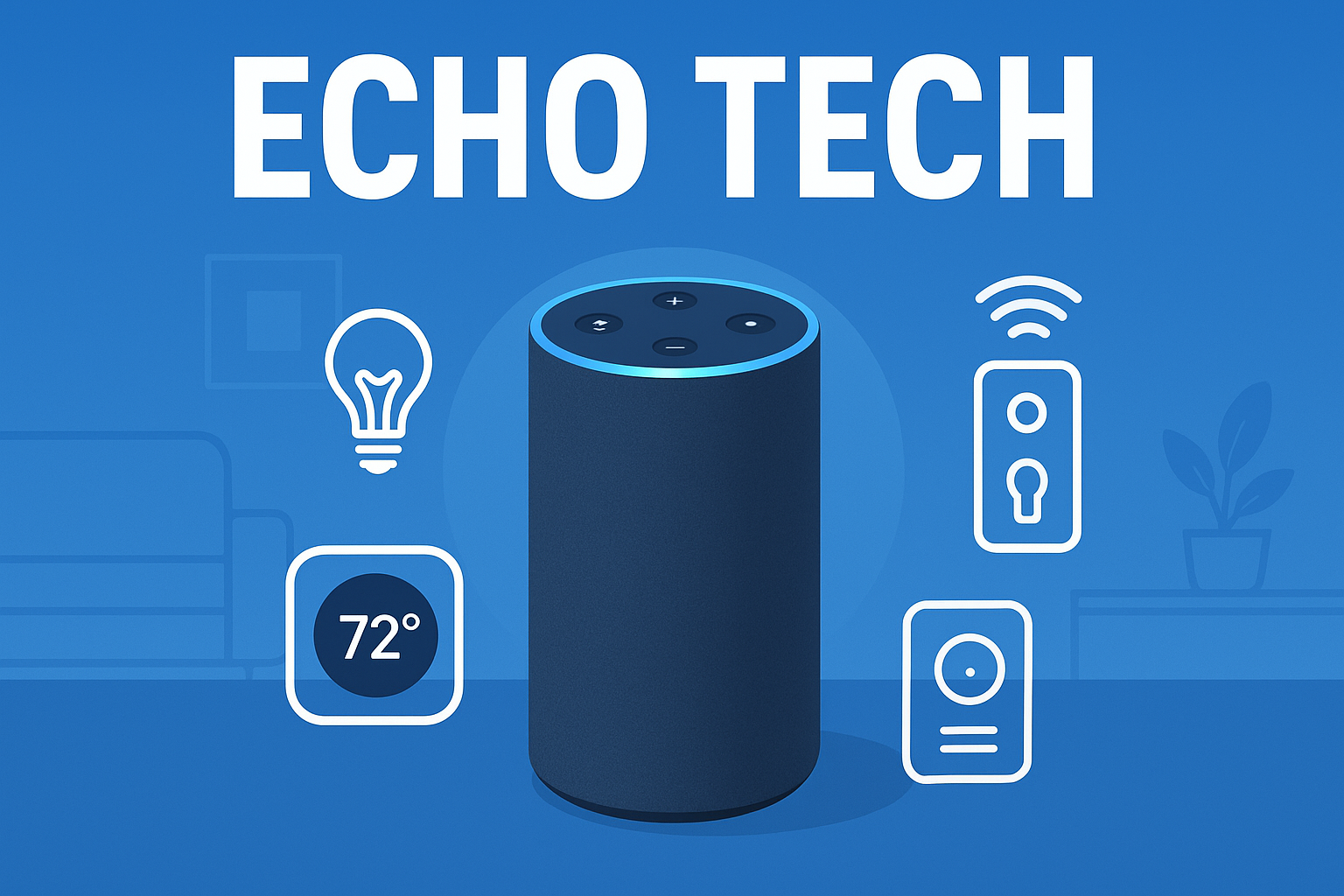Introduction
In today’s digital world, the debate between Cybersecurity vs. Artificial Intelligence (AI) is more relevant than ever. Both fields are crucial for protecting data and enhancing user experiences, but they serve different purposes. Understanding the differences can help you make informed decisions about which approach is best for your needs.
Understanding Easy Cybersecurity
What is Easy Cybersecurity?
Easy cybersecurity refers to user-friendly security measures designed to protect individuals and organizations from cyber threats. This approach emphasizes simplicity and accessibility, making it easier for non-technical users to implement effective security practices. Examples include password managers, two-factor authentication, and basic antivirus software.
Benefits of Easy Cybersecurity
- User-Friendly: Easy cybersecurity tools are designed for everyone, regardless of technical expertise.
- Cost-Effective: Many easy cybersecurity solutions are affordable or even free, making them accessible to small businesses and individuals.
- Quick Implementation: Users can set up easy cybersecurity measures quickly, reducing the time spent on security management.
- Increased Awareness: Easy cybersecurity encourages users to be more aware of their online safety, promoting better habits.
Exploring Artificial Intelligence
What is Artificial Intelligence?
Artificial intelligence refers to the simulation of human intelligence in machines programmed to think and learn. AI can analyze vast amounts of data, recognize patterns, and make decisions based on that information. It is used in various applications, from chatbots to advanced data analytics. Cybersecurity vs. Artificial Intelligence

Benefits of Artificial Intelligence
- Efficiency: AI can process data much faster than humans, leading to quicker decision-making.
- Automation: Many repetitive tasks can be automated using AI, freeing up time for more complex work.
- Enhanced Insights: AI can analyze data to provide insights that may not be immediately apparent to human analysts.
- Scalability: AI solutions can easily scale to handle larger datasets or more complex tasks as needed.
Comparing Easy Cybersecurity and Artificial Intelligence
Use Cases
- Easy Cybersecurity: Ideal for individuals and small businesses looking to protect their data without extensive technical knowledge. Common use cases include personal data protection, small business security, and basic network protection.
- Artificial Intelligence: Best suited for larger organizations that require advanced data analysis and automation. Use cases include fraud detection, customer service automation, and predictive analytics.
Cost Considerations
- Easy Cybersecurity: Generally low-cost or free options are available, making it a budget-friendly choice for individuals and small businesses.
- Artificial Intelligence: Often requires a significant investment in technology and expertise, making it more suitable for larger organizations with the resources to implement and maintain AI systems.
Conclusion
Choosing between easyCybersecurity vs. Artificial Intelligence depends on your specific needs and resources. Easy cybersecurity offers accessible and cost-effective solutions for individuals and small businesses, while artificial intelligence provides advanced capabilities for larger organizations. By understanding the benefits and use cases of each, you can make an informed decision that best suits your situation.
For more information on easy cybersecurity practices, check out Cybersecurity & Infrastructure Security Agency or explore the latest trends in artificial intelligence at AI Trends.
Engage with us in the comments below! What are your thoughts on easy cybersecurity versus artificial intelligence?



